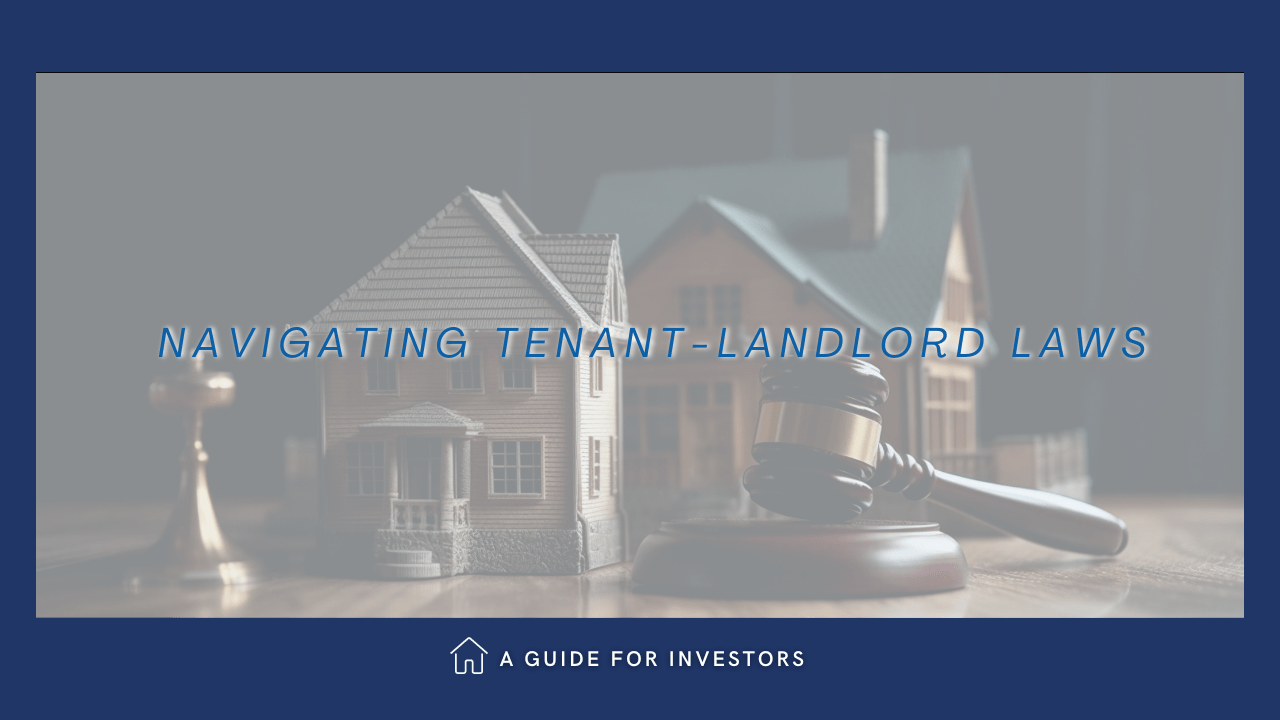
How familiar are you with Arizona’s landlord-tenant laws? You might understand the big federal laws, such as the Fair Housing Act. It’s pretty easy to understand what you can and cannot do when it comes to renting out your home. You cannot discriminate, for example. You have to make accommodations for people with disabilities.
On a state and even a local level, however, rental property investors must remember that renting out a home comes with specific legal requirements, and compliance is essential.
In the state of Arizona, there are specific tenant-landlord laws that rental property owners and real estate investors need to be aware of to avoid potential legal repercussions. We know how easy it is for landlords to mistakenly fall into a legal free fall. One wrong word can be all it takes to bring on a fair housing complaint or a security deposit dispute.
This guide aims to provide an overview of Arizona’s Tenant-Landlord Laws to help investors navigate the rental market with confidence.
Understanding Your Rental Agreement
A written rental agreement is essential for ensuring that both the resident and the landlord are in agreement with who is responsible for what during the tenancy. This is a legal document that binds you and your resident to what you’ve agreed upon.
It’s important that you share your expectations with your resident and that they understand the terms of the lease. In Arizona, rental agreements need to include details regarding the rent, payment schedule, security deposit, maintenance obligations, and other important details. You’ll also want to note that rental agreements may not waive resident rights or avoid your own obligations under Arizona law.
In your lease, you’ll need to disclose specific information to your residents, including the identity of you as the property owner and any property manager you may have in place. You’ll also need a statement of the condition of the property, and a statement of any known lead-based paint hazards. Failure to disclose this information can lead to legal consequences.
Security Deposit Law in Arizona
You can require a security deposit of no more than 1.5 times the monthly rent. This means if you’re renting out a property for $1,400 per month, your security deposit can be no more than $2,100.
Additionally, the deposit must be held in a bank account separate from your personal account, and must be returned within 14 days of the resident’s move-out date, minus any necessary deductions for damages, unpaid rent, etc. You cannot deduct for normal wear and tear.
Habitability: Committing to Repairs and Maintenance
It’s your responsibility to ensure that rental properties are maintained.
You need to provide a safe and habitable home for your residents, so they need to be free of serious defects that can threaten the health or safety of the residents. Investors must make necessary repairs in a timely and responsible manner; failure to do so can lead to legal action from residents.
Eviction Law in Arizona
While it’s important to avoid evictions when possible, you may need to evict residents if they violate any terms of the lease agreement or stop paying the rent. In Arizona, you must provide residents with written notice prior to initiating the eviction process. Additionally, residents have the right to appear in court to dispute the eviction.

We recommend that you don’t evict without the help of an Arizona property manager or attorney.
Understanding Arizona’s Tenant-Landlord Laws is crucial for a stress-free rental experience. We can help you stay compliant. Contact our team at PURE Property Management of Arizona.





